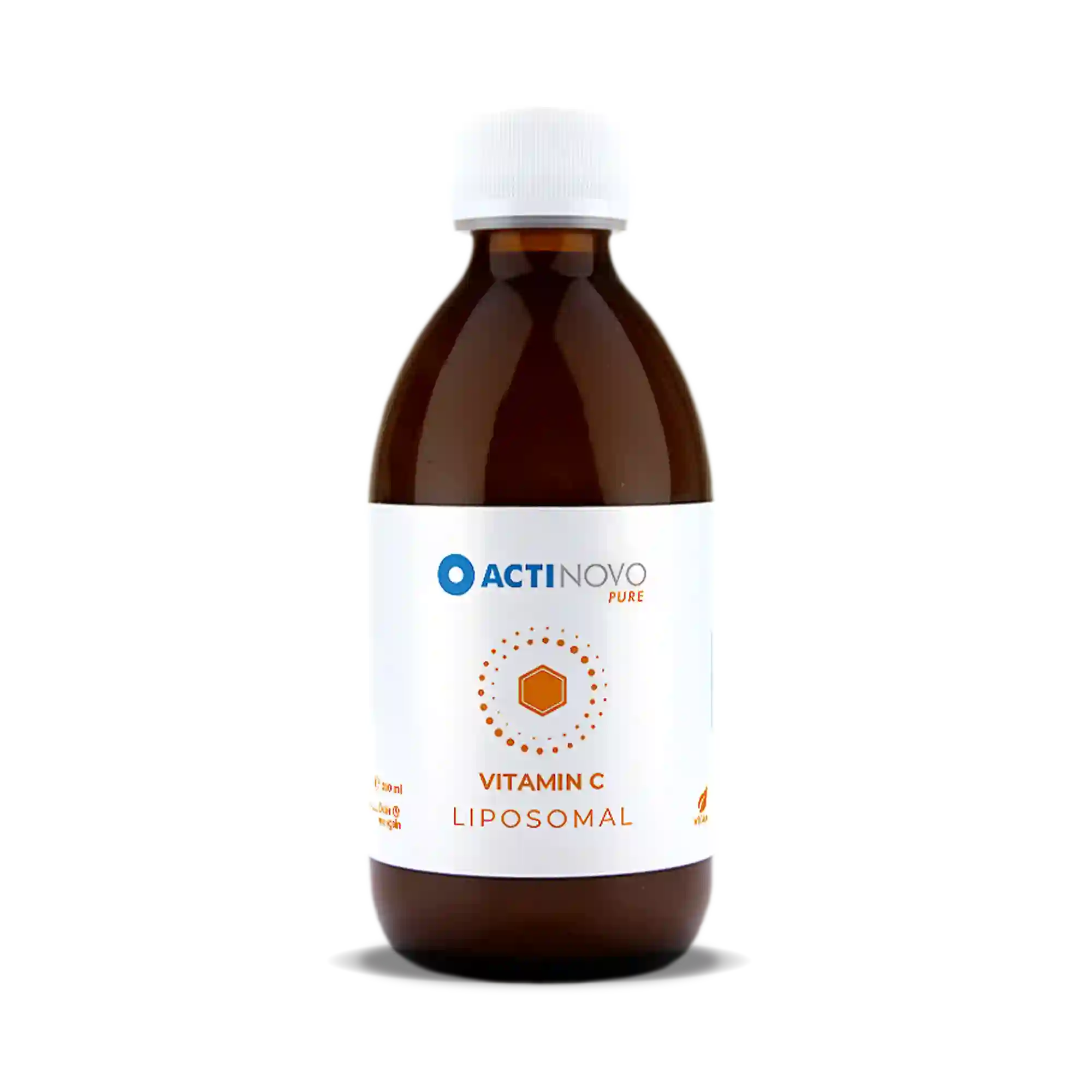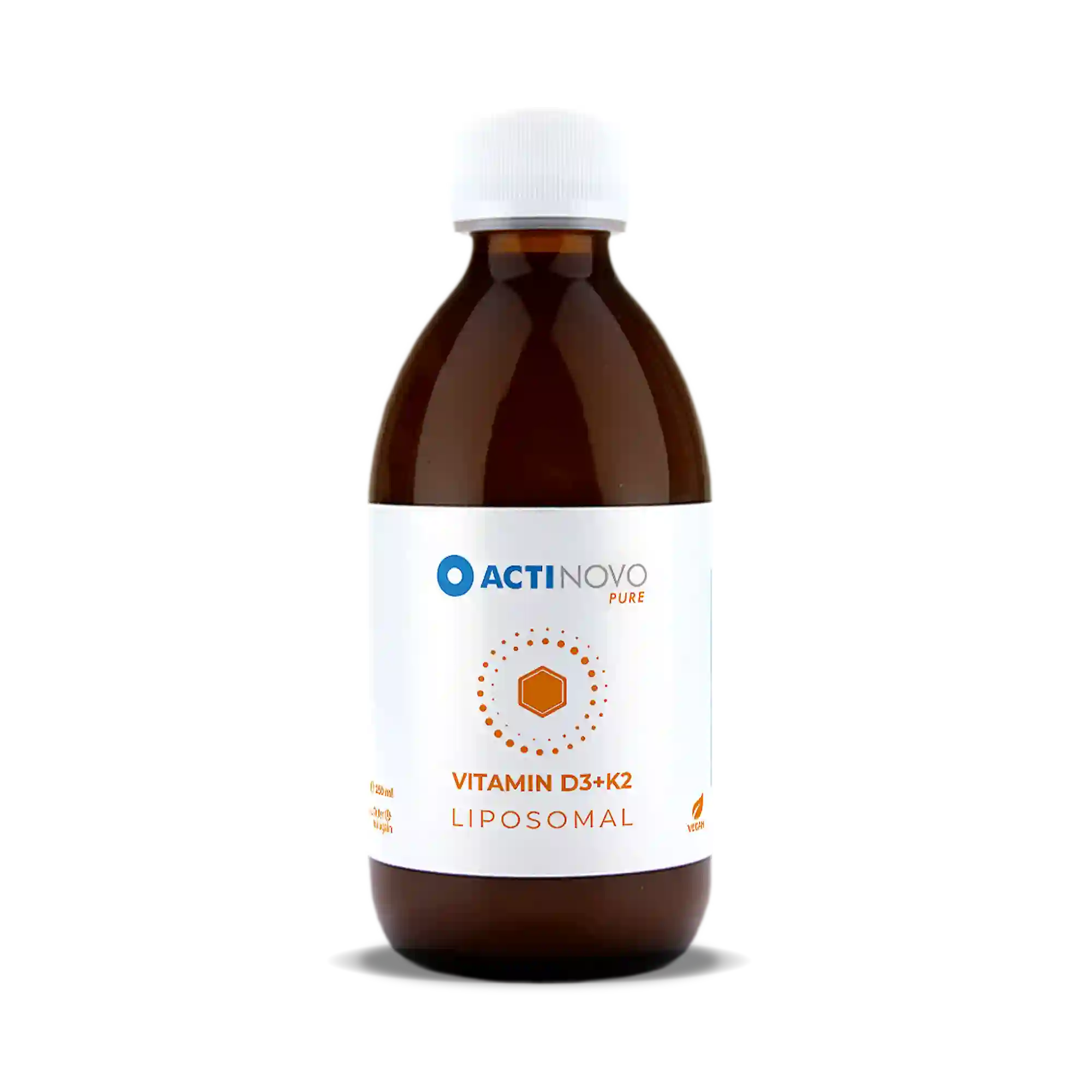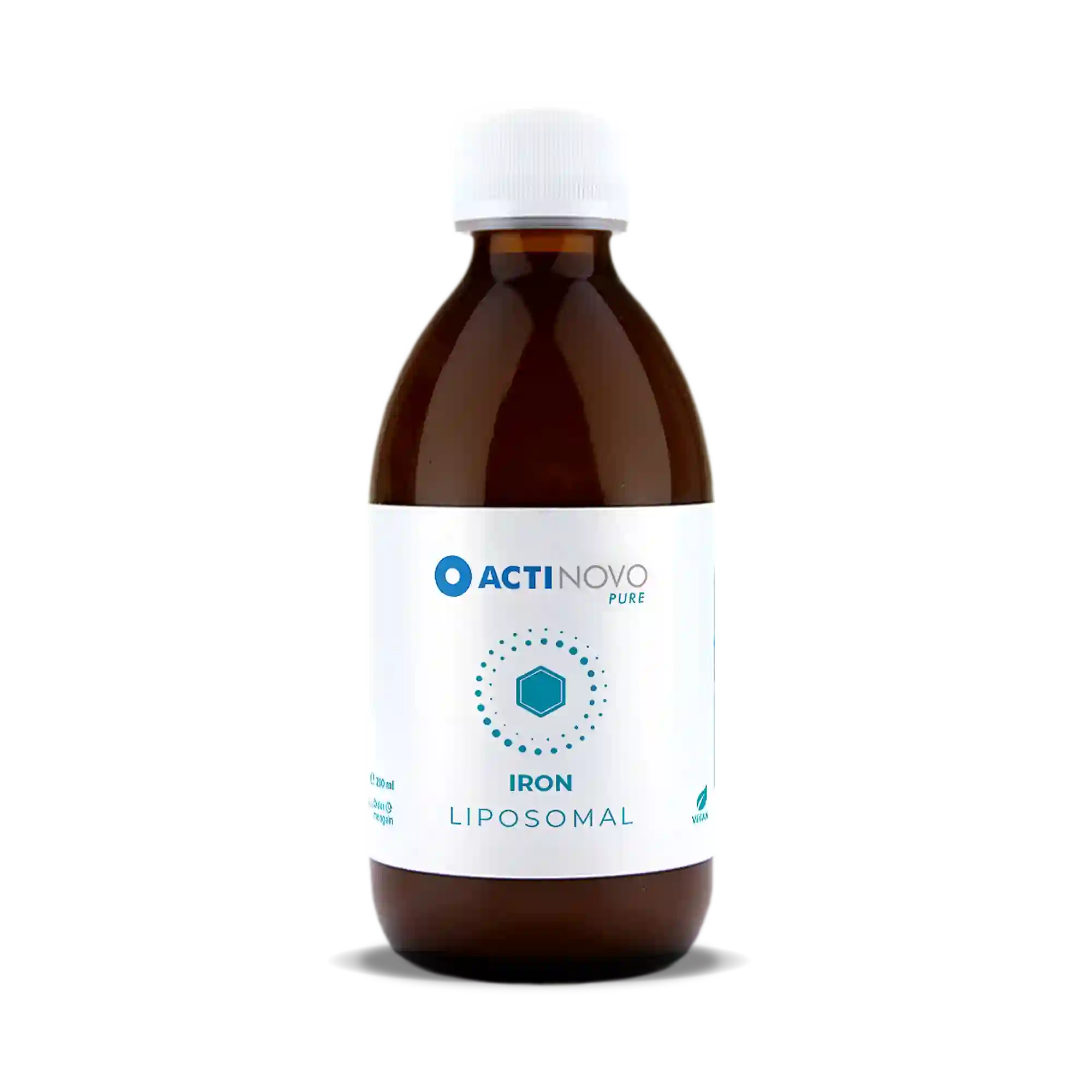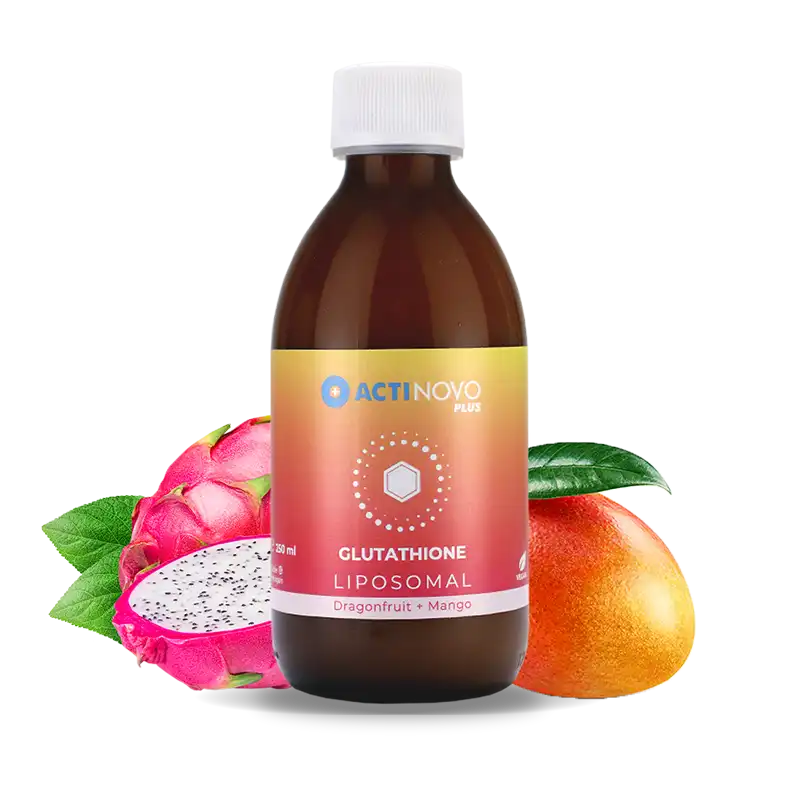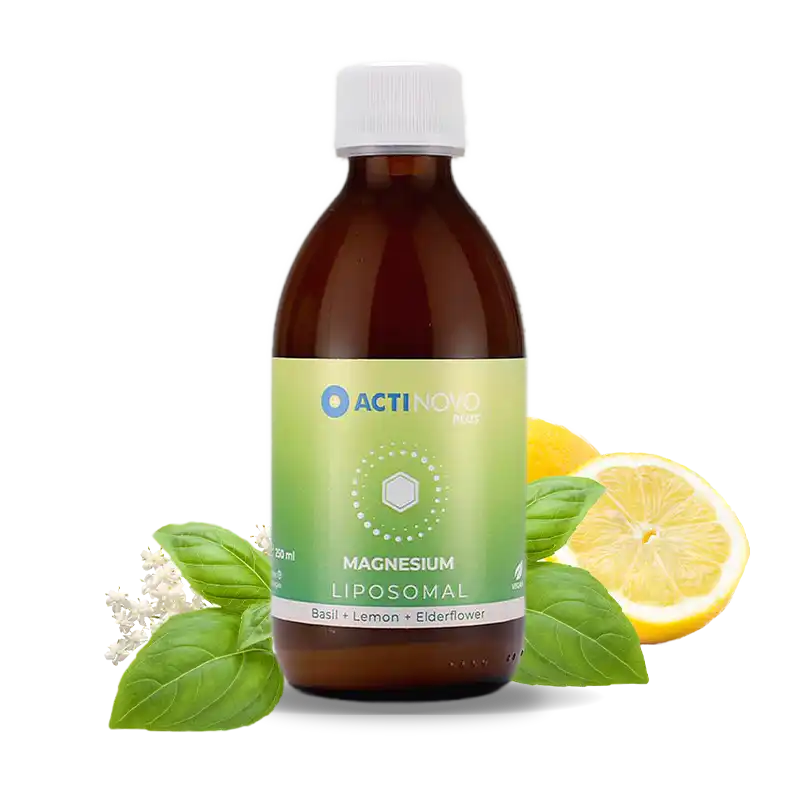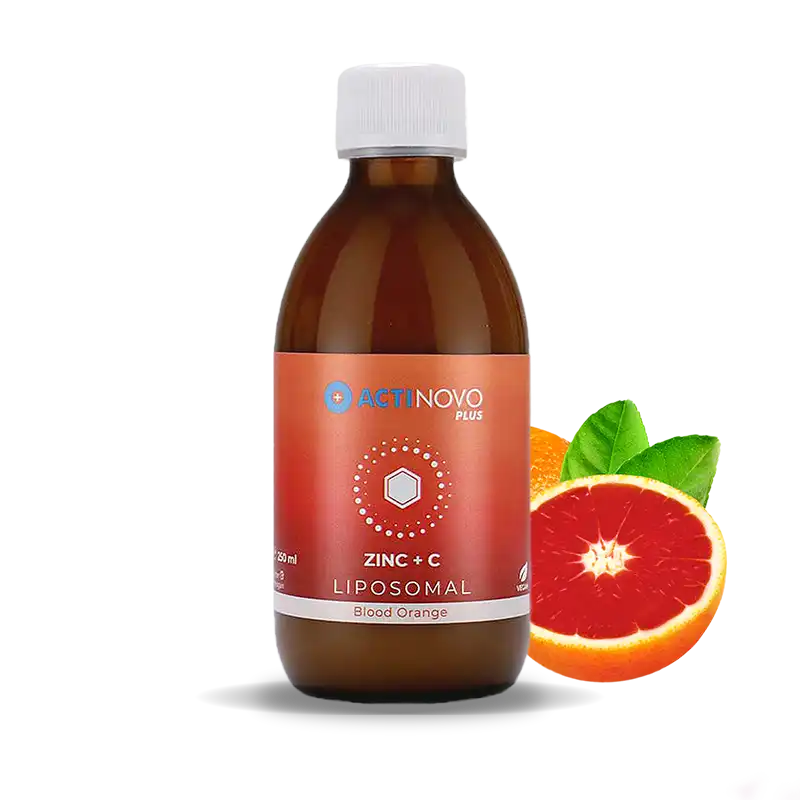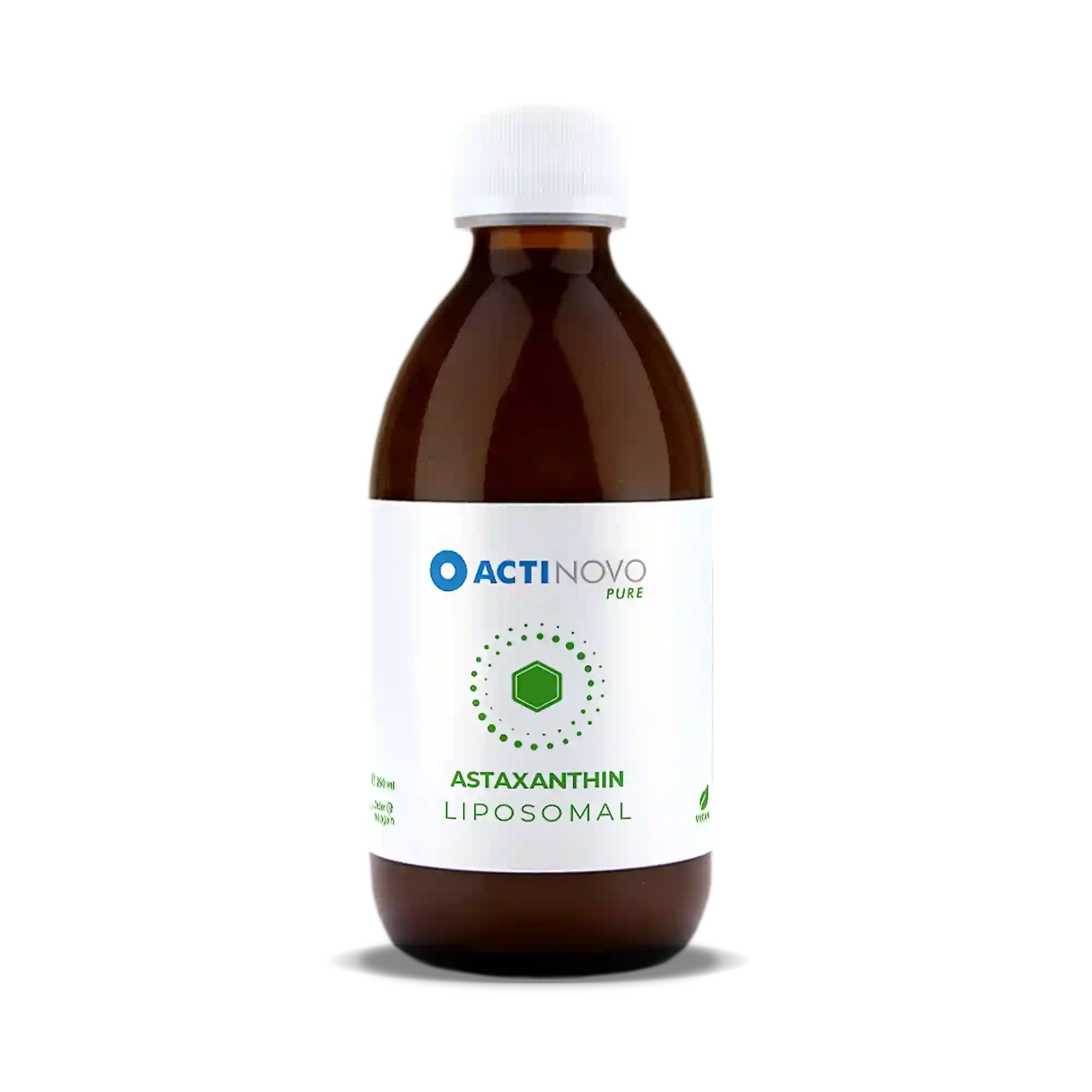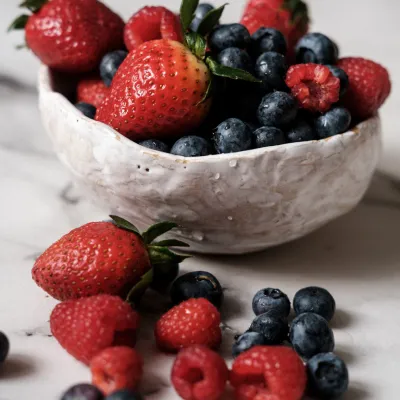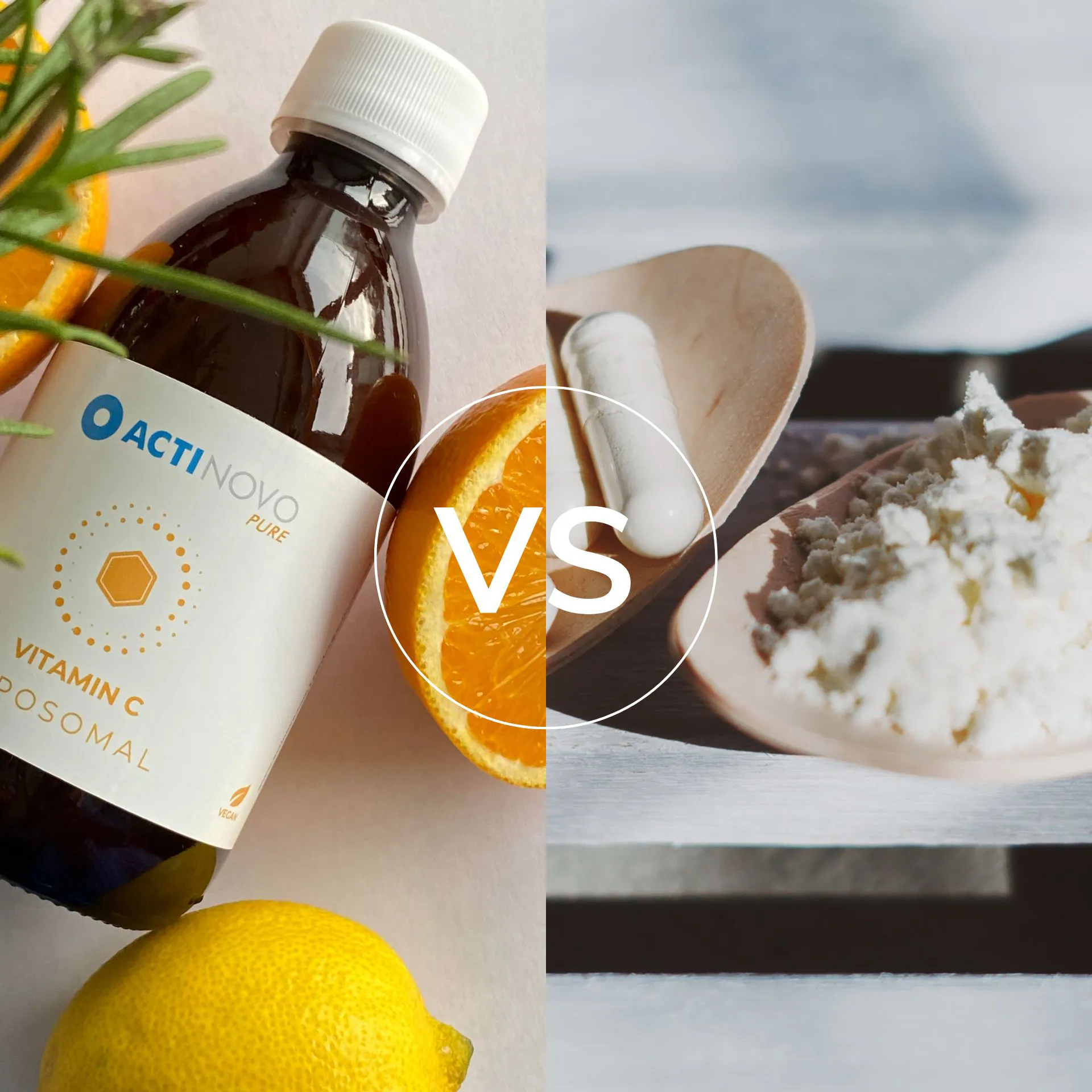
5 Tips for Effective Intake of Food Supplements
The global market for dietary supplements is growing rapidly. In Germany, more than half of the population reportedly takes dietary supplements. In the United States, nearly 70% of the population takes dietary supplements! Supplements are popular, but is there a right way to take them?
Below are 5 tips on how to develop a strategy for taking supplements and how to get the most benefit from your product.
1) Find out why you are taking food supplements
If you have never taken supplements before, you may be asking yourself, "Why should I? What benefits do these supplements have for me?" Supplements are there to supplement your diet. This means that they are taken in addition to a normal, balanced diet.
Many people take supplements because a nutrient is missing from their typical diet. This is often the case for people who follow a vegan or vegetarian diet. They take supplements to add extra nutrients to their diet. For example, a person who eats a balanced diet might take a vitamin C supplement to support their immune system and maintain healthy skin.
Another reason for taking supplements is that some nutrients cannot be adequately absorbed through food. For example, spinach contains iron, but studies show that only 1-2% of iron is absorbed by eating spinach [1]. Food supplements can increase the absorption of nutrients that are not adequately absorbed through food. Studies show that liquid liposomal supplements have higher nutrient bioavailability than conventional supplements.
Knowing why you are taking supplements will keep you motivated to improve your health.
2) Which vitamins you should not take together
It can be helpful to acquire a basic knowledge of nutrition in order to develop a strategy for taking vitamins, minerals & co. Many people are not aware that certain supplements can have a negative effect on each other.
Here are some dietary false friends to watch out for when taking supplements:
a) Iron and Zinc:
These two minerals are essential for the human body and deficiency is common worldwide. Zinc is known to negatively affect iron absorption [2]. If you take these two supplements at the same time, it is likely that you will not fully absorb your iron. Experts recommend taking these supplements at least 2 hours apart.
b) Calcium, Zinc and Magnesium:
If you take a calcium supplement, this may interfere with the absorption of zinc and magnesium. All three minerals can "compete" for absorption into the body. Experts recommend that zinc, magnesium and calcium should not be taken together, but should be spaced 2 hours apart.
c) Iron and Coffee:
Reconsider taking iron with your coffee or tea in the morning. Research has shown that caffeinated drinks like coffee and black or green tea can inhibit the body's absorption of iron. The tannins in particular can cause this inhibitory effect [3]. It is recommended to keep an interval of at least 2 hours between taking iron and drinking a coffee. Caffeine-free coffee has no negative effects on the absorption of iron in the body and can therefore be drunk directly after ingestion.
ActiNovo: A New Era of Supplements
ActiNovo offers you liquid liposomal food supplements with a guaranteed absorption and effect in the body. In our product range you will find over 30 different nutrients. Whether for preventive use or for acute deficiencies and complaints - we have the right vitamins, minerals, plants and body own substances!
3) Apply the habit formation method
It is often said that it takes 21 days to develop a habit. New habits are hard to develop because they take time and effort!
Taking supplements is a habit. You will get the most benefit from your product if you take it regularly. Adding a dietary supplement to your current routine will help you maintain consistency.
Many experts recommend taking supplements before or during your morning breakfast. "Adding the habit of taking a dietary supplement to an existing morning habit can make taking the supplement more consistent".
Here's an example of habit stacking: When you brush your teeth every morning, put the supplement next to your toothbrush so you also remember to take it after you brush your teeth. Combining habits is a great way to maintain consistency and improve your daily wellness routine.
4) When your body needs food supplements
Most people get enough vitamins and minerals through their diet. Supplements are used to fill in the gaps. However, there are times when our bodies need a little extra "boost" of nutrients.
a) Supplements & Exercise:
Doing sport can put extra strain on your body. After an intense workout, your body needs extra fluids, carbohydrates and protein in your diet to help with muscle repair. Sweating during exercise can cause you to lose electrolytes.
Taking extra B-complex vitamins and magnesium can help replenish some of the nutrients lost during sweating and exercise. In addition, plant-based supplements such as curcumin can help reduce muscle soreness and inflammation after exercise.

c) Winter Supplementation:
As the seasons change, our nutritional needs can change. This is especially true during the cold winter months. In winter, nights get longer, days get shorter, illnesses increase and moods become more depressed.
Vitamin D is an important nutrient to keep around in the winter. Vitamin D deficiency is common in the winter months because our bodies cannot synthesise the vitamin from sunlight. Studies have found that vitamin D deficiency can lead to symptoms of depression and that taking supplements can improve mood [6].


d) Supplementation & Stress:
Psychological stress, anxiety and depression are common in our society. These psychological stressors can cause physical damage and lead to further mental disorders or even cardiovascular disease [7].
If you suffer from mental stress, taking supplements with B-complex, magnesium or ashwagandha can help support your mental function and maintain a calm mood.
5) Choose natural food supplements
Food supplements are a wonderful addition to your diet. But if a food supplement is loaded with artificial sweeteners and preservatives, it is not the right choice for you. You should choose a supplement that does not contain too many ingredients.
The fewer ingredients, the more natural the supplement. If you want a sweeter supplement, look for brands that use a natural sweetener like glycerol. Overall, check the nutrition label of your supplement before you buy!
ActiNovo's liquid liposomal supplements offer you higher bioavailability than traditional supplements in pill or powder form. We offer ActiNovo PURE, without any flavours with a natural taste, or PLUS, which has some extra flavour added. On top, you can mix your favourite flavours on your own with our ActiFlavours in different varieties.
Would you like to learn more? Learn more about liposomes here and see our product range here.
1) Scrimshaw NS. Iron deficiency. Sci Am. 1991 Oct;265(4):46-52. doi: 10.1038/scientificamerican1091-
46. Erratum in: Sci Am 1992 Jan;266(1):following 8. PMID: 1745900.
2) Whittaker P. Iron and zinc interactions in humans. Am J Clin Nutr. 1998 Aug;68(2 Suppl):442S-446S.
doi: 10.1093/ajcn/68.2.442S. PMID: 9701159.
3) Dziembowska I, Wójcik M, Żekanowska E. Caffeine and alcohol - Friends or foes of human iron stores?
J Trace Elem Med Biol. 2022 Jan 4;71:126922. doi: 10.1016/j.jtemb.2022.126922. Epub ahead of print.
PMID: 35063815.
4) https://www.mayoclinic.org/drugs-supplements-vitamin-b12/art-20363663. Mayo Clinic. Accessed 3
Nov, 2022.
5) Maggini S, Beveridge S, Suter M. A combination of high-dose vitamin C plus zinc for the common cold.
J Int Med Res. 2012;40(1):28-42. doi: 10.1177/147323001204000104. PMID: 22429343.
6) Bertone-Johnson ER, Powers SI, Spangler L, Brunner RL, Michael YL, Larson JC, Millen AE, Bueche MN,
Salmoirago-Blotcher E, Liu S, Wassertheil-Smoller S, Ockene JK, Ockene I, Manson JE. Vitamin D intake
from foods and supplements and depressive symptoms in a diverse population of older women. Am J
Clin Nutr. 2011 Oct;94(4):1104-12. doi: 10.3945/ajcn.111.017384. Epub 2011 Aug 24. PMID: 21865327;
PMCID: PMC3173027.
7) Paine NJ, Bosch JA, Van Zanten JJ. Inflammation and vascular responses to acute mental stress:
implications for the triggering of myocardial infarction. Curr Pharm Des. 2012;18(11):1494-501. doi:
10.2174/138161212799504713. PMID: 22364133.

